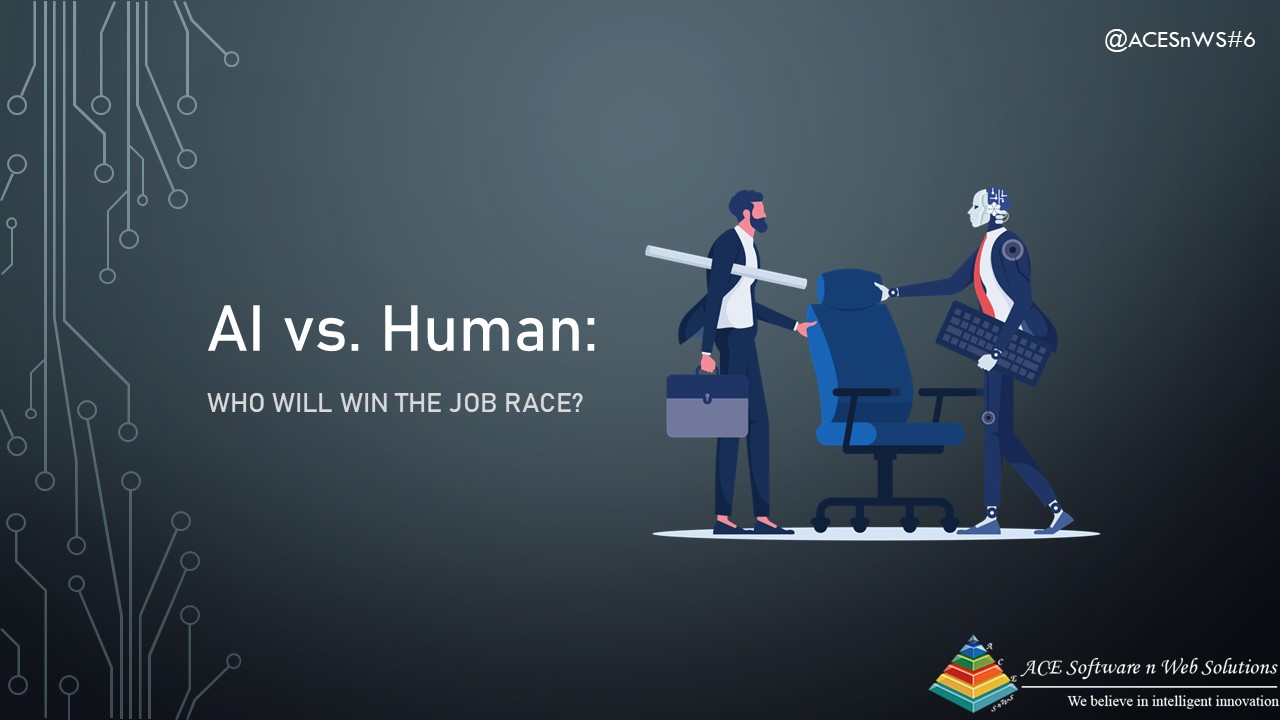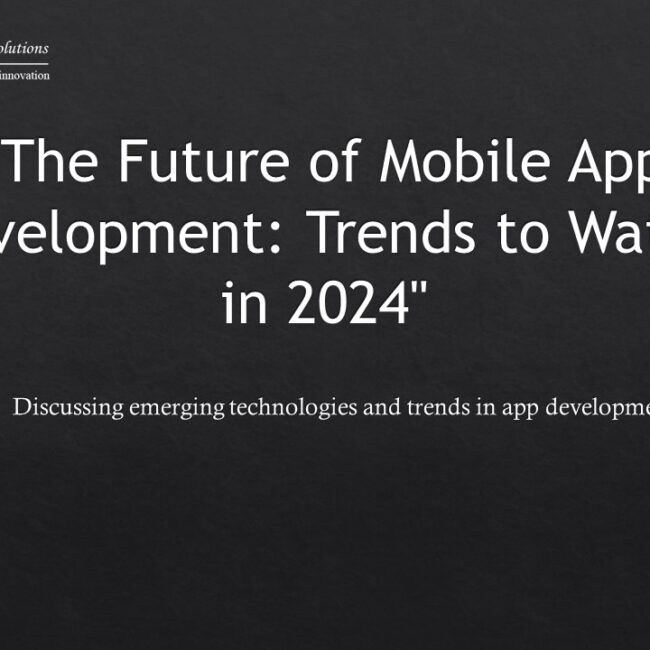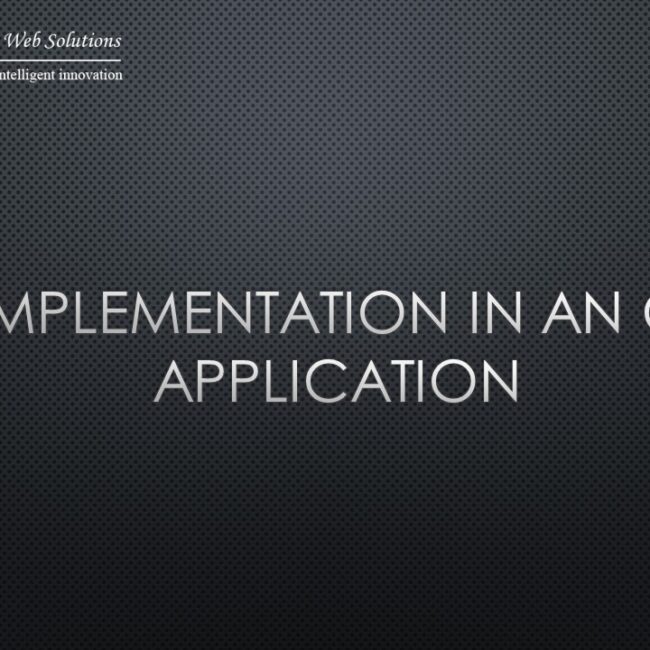
AI vs. Human: Who Will Win the Job Race?
AI vs. Human
The rise of Artificial Intelligence (AI) has brought with it both excitement and anxiety. As AI systems become increasingly sophisticated, the question arises: will they replace humans in the job market? In this blog, we will delve into the AI vs. Human job race, exploring the transformative impact of AI on employment and the prospects for the future.
The Rise of AI in the Workplace
Understanding AI in the Workplace
AI refers to the development of computer systems capable of performing tasks that typically require human intelligence. These tasks include problem-solving, understanding natural language, and adapting to changing environments.
AI’s Rapid Advancements
Recent advancements in machine learning, natural language processing, and automation have accelerated AI’s integration into various industries. AI systems are now capable of performing a wide range of tasks, from data analysis to complex decision-making.
AI: Friend or Foe in the Workplace?
AI as a Collaborator
AI is often viewed as a collaborator that augments human capabilities. In this scenario, AI systems handle routine and repetitive tasks, allowing humans to focus on creative and strategic work. For example, in data analysis, AI can process large datasets, while humans interpret the results and make decisions.
AI as a Competitor
AI’s growing capabilities have led to concerns about job displacement. Jobs that involve repetitive tasks, such as data entry, customer support, and certain aspects of manufacturing, are at risk of being automated.
The Impact of AI on Different Industries
Manufacturing and Labor-Intensive Industries
AI-driven robots and automation have transformed manufacturing and industries that rely on labor-intensive tasks. These changes have improved efficiency and reduced labor costs but have also led to job displacement.
Healthcare
AI has made significant inroads in healthcare, aiding in diagnosis, treatment, and drug discovery. While AI can enhance healthcare delivery, it’s meant to complement human healthcare professionals, not replace them.
Financial Services
In the financial industry, AI is used for algorithmic trading, risk assessment, and customer service. While it has improved efficiency, it has not replaced the need for human financial experts.
Preparing for the AI-Augmented Future
Upskilling and Reskilling
To remain competitive in the job market, individuals must embrace continuous learning. Developing skills that complement AI systems, such as critical thinking, creativity, and adaptability, is crucial.
AI in Education
AI can be used in education to provide personalized learning experiences, enabling students to develop skills and knowledge that are less susceptible to automation.
Ethical Considerations
As AI becomes more integrated into society, ethical considerations regarding privacy, bias, and accountability become essential. Policies and regulations are necessary to ensure AI’s responsible use.
The Future of Work: Collaboration, Not Competition
The future of work is not a battle between humans and AI but a collaborative partnership. AI systems excel at specific tasks, while humans possess unique qualities like emotional intelligence, creativity, and complex problem-solving skills. The key is to find the right balance between humans and AI in the workplace.
Conclusion
The AI vs. Human job race is a multifaceted issue with no one-size-fits-all answer. While AI can automate certain tasks, it also has the potential to enhance human capabilities, lead to job creation in new industries, and improve overall quality of life.
As we navigate this transformative era, it’s essential to embrace the collaboration between humans and AI. By understanding AI’s strengths and limitations, developing relevant skills, and shaping responsible AI policies, we can ensure that the future of work is not a race but a journey toward progress and innovation.
Stay tuned for more updates on the ever-evolving landscape of technology and its impact on society.


